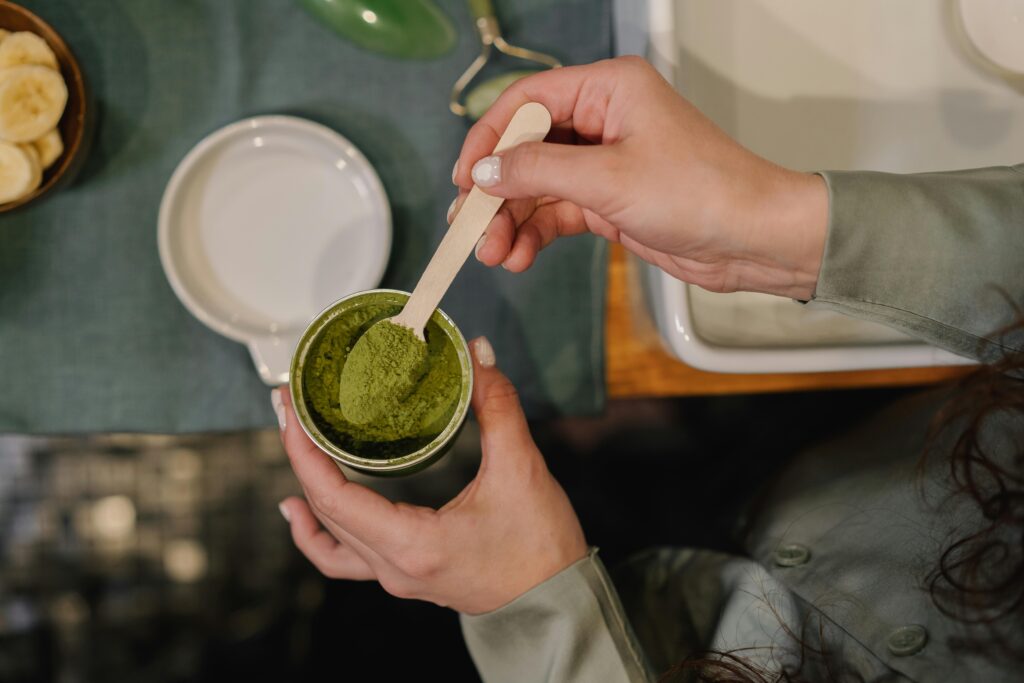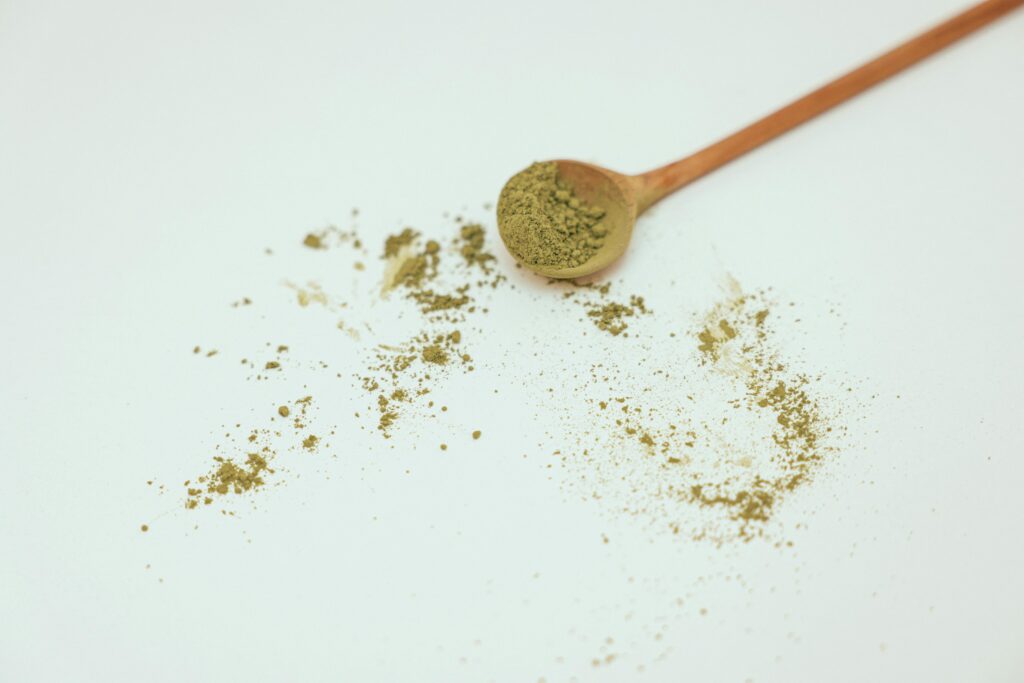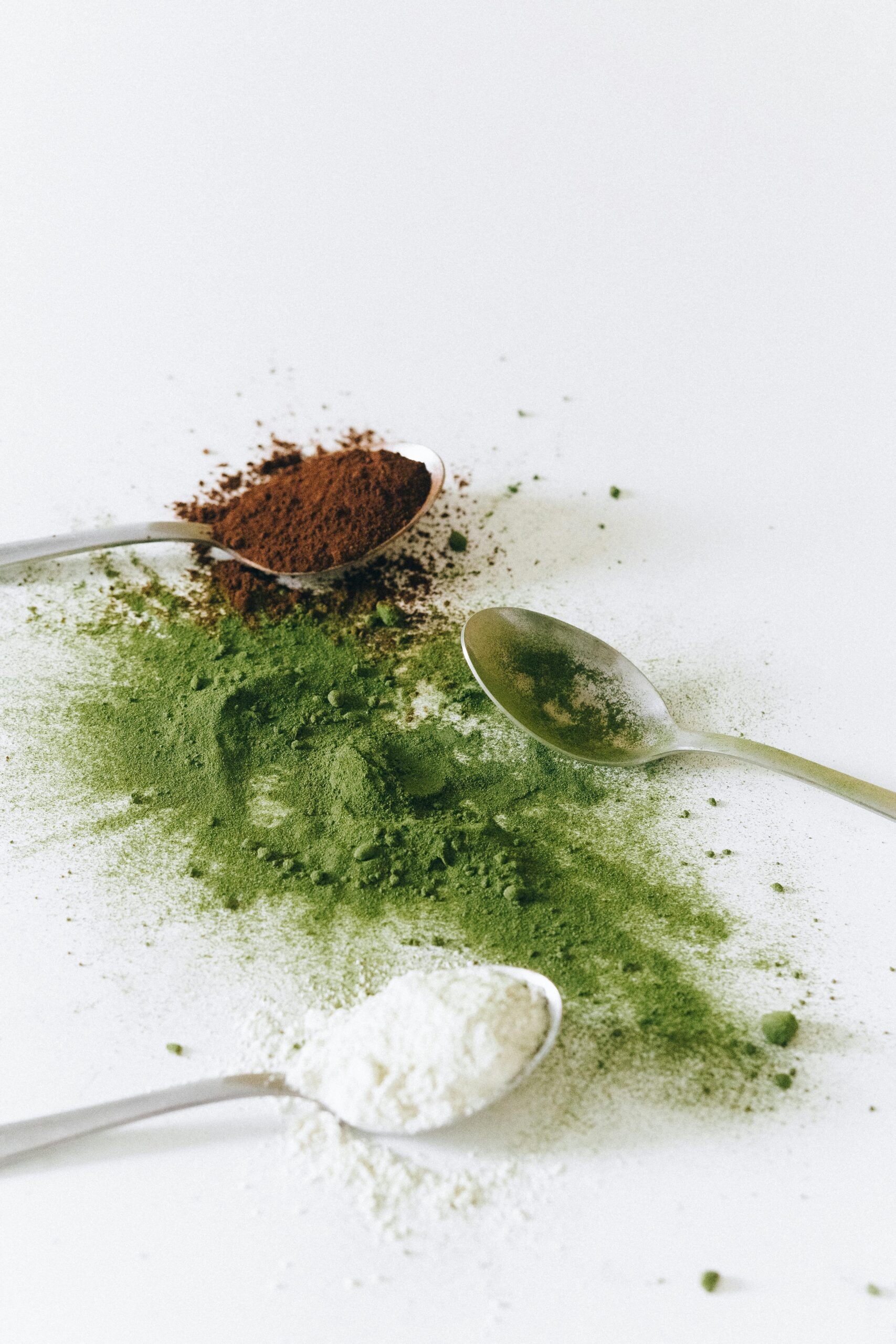Does Green Superfood Powder Expire? Green superfood powders have revolutionized how health-conscious consumers approach daily nutrition. However, confusion surrounds their shelf life, leaving many wondering whether these nutrient-dense supplements actually expire. Understanding expiration dates, storage requirements, and safety indicators becomes crucial when investing in these premium health products.

Table of Contents
Does Green Superfood Powder Expire? – Understanding Green Superfood Powder Expiration Fundamentals
Green superfood powders do expire, but their shelf life varies significantly based on ingredients, processing methods, and storage conditions. Most commercial green superfood powders maintain peak potency for 18 months from manufacturing, though some formulations can last up to 3 years when stored properly. However, expiration doesn’t necessarily mean immediate danger—it primarily indicates declining nutritional value and potential changes in taste, texture, or appearance.
The expiration process differs from traditional food spoilage. While fresh produce deteriorates rapidly, dehydrated superfood powders undergo gradual nutrient degradation rather than bacterial contamination. Unlike prescription medications, the FDA does not require expiration dates on dietary supplements, though reputable manufacturers include them to guarantee product strength and effectiveness. This distinction helps consumers make informed decisions about continued use beyond printed expiration dates.
Key Factors Affecting Green Superfood Powder Longevity
Green superfood powders have become increasingly popular among health-conscious individuals who want to boost their daily nutrient intake. Packed with dehydrated greens, fruits, probiotics, and adaptogens, these powders offer a convenient way to support energy, immunity, and digestion.
But here’s a common question: How long do green superfood powders last, and what affects their longevity?
The shelf life of these powders doesn’t just depend on the expiration date printed on the label — it’s also influenced by how they are processed, packaged, and stored. Understanding these factors helps you get the most out of your supplement while maintaining safety and potency.
🔹 1. Ingredients and Formulation
- Type of Ingredients: Powders with whole-food ingredients (spirulina, wheatgrass, barley grass, chlorella) often degrade faster than those with stabilized extracts.
- Added Probiotics/Enzymes: While beneficial, these are sensitive to heat, moisture, and oxygen, which can reduce shelf life.
- Natural vs. Artificial Preservatives: Products without preservatives may spoil sooner if not stored properly.
👉 Takeaway: The more natural and “live” the formula (e.g., probiotics), the shorter the potential shelf life compared to simpler blends.
🔹 2. Processing Methods
- Freeze-Drying: Preserves nutrients better and extends longevity.
- Air-Drying or Heat-Drying: May shorten shelf life as heat can degrade vitamins and enzymes.
- Spray-Drying: Common in mass production; offers moderate preservation.
👉 Takeaway: Powders made with freeze-dried greens tend to last longer and retain more nutrients.
🔹 3. Packaging Quality
- Airtight Containers: Prevent oxygen exposure, which causes nutrient oxidation.
- Opaque or Dark Packaging: Protects sensitive compounds from light damage.
- Single-Serve Packets: Maintain freshness longer compared to large tubs that are repeatedly opened.
👉 Pro Tip: Look for powders in resealable pouches or dark jars to maximize shelf life.
🔹 4. Storage Conditions
- Temperature: Store in a cool, dry place. Heat speeds up nutrient breakdown.
- Humidity: Moisture encourages clumping, mold growth, and microbial contamination.
- Light Exposure: Direct sunlight can degrade vitamins (especially vitamin C and chlorophyll).
👉 Best Practice: Keep your superfood powder in a pantry or cupboard, away from the stove, windows, and bathroom.
🔹 5. Expiration Date vs. “Best By” Date
- Expiration Date: Indicates when the product may no longer be safe to consume.
- Best By Date: Refers to peak quality — the powder may still be safe after this date but with reduced potency.
👉 Rule of Thumb: Stick to the manufacturer’s timeline, but trust your senses — if the smell, taste, or texture is off, discard it.
🔹 6. Frequency of Use and Handling
- Frequent Opening: Each time you open the container, air and moisture enter, which accelerates nutrient loss.
- Scoop Contamination: Using wet or dirty scoops can introduce bacteria or mold.
👉 Tip: Always use a dry, clean spoon and close the lid tightly after each use.
🔹 7. Signs of Spoilage
You should not consume green superfood powders if you notice:
- Foul or sour odor
- Visible mold or clumps
- Faded color (loss of vibrant green)
- Unusual taste or aftertaste
👉 Safety First: If in doubt, throw it out.
🔹 Average Shelf Life of Green Superfood Powders
- Unopened Package: 1.5 to 2 years (if stored correctly)
- Opened Package: 3 to 6 months for optimal freshness
- Probiotic-Enriched Powders: May lose potency faster, within 2–3 months
Kombucha vs Apple Cider Vinegar: A Comprehensive Health Comparison
How to Identify Expired Green Superfood Powder

Recognizing spoiled green superfood powder requires attention to multiple sensory indicators and physical changes.
Visual Changes represent the most obvious signs of degradation. Fresh green superfood powder maintains vibrant color, while expired products often appear faded, brown, or develop unusual discoloration. Clumping, moisture spots, or visible mold growth indicate immediate disposal necessity.
Smell and Taste Alterations provide reliable expiration indicators. Fresh powders emit earthy, grassy aromas characteristic of their ingredients. Rancid, sour, or unusually strong odors signal deterioration. Similarly, bitter, metallic, or off-flavors indicate quality decline.
Texture Modifications occur as powders age. Expired products may become harder to dissolve, develop gritty textures, or form persistent clumps that resist mixing.
Red Mountain Weight Loss Recipes: Flavorful Recipes for Fast Fat Loss
Storage Best Practices for Maximum Shelf Life

Proper storage significantly extends green superfood powder longevity while maintaining nutritional integrity.
Temperature Control remains paramount for preservation. Store powders in cool, dry locations away from heat sources. Ideal storage temperatures range between 60-70°F (15-21°C). Avoid kitchen cabinets near stoves, dishwashers, or areas experiencing temperature fluctuations.
Moisture Prevention protects against degradation and bacterial growth. Use airtight containers with desiccant packets if original packaging becomes compromised. Silica gel packets effectively absorb excess moisture in storage containers.
Light Protection preserves sensitive nutrients susceptible to UV degradation. Store containers in dark pantries or opaque containers. Transparent packaging should remain in dark locations away from direct sunlight.
Safety Considerations and Health Implications
Consuming expired green superfood powder rarely poses serious health risks, but understanding potential implications helps inform consumption decisions.
Nutritional Degradation represents the primary concern with expired powders. Vitamins, minerals, and antioxidants gradually lose potency over time. Research indicates that most expired supplements retain significant nutritional value, with studies showing 90% of medications and supplements remain suitable even years after expiration dates. While consuming expired powder won’t cause harm, nutritional benefits diminish significantly.
Digestive Sensitivity may increase with aged products. Some individuals experience mild stomach upset when consuming degraded superfood powders, particularly those containing probiotics or enzymes.
Contamination Risks remain minimal with properly stored powders but increase with moisture exposure or improper handling. Visual inspection and smell tests effectively identify potentially contaminated products.
Maximizing Your Investment in Green Superfood Powders
Smart purchasing and usage strategies help optimize value while ensuring peak nutritional benefits.
Buy Appropriate Quantities based on consumption patterns. Calculate monthly usage and purchase accordingly to avoid waste. Single-serving packets offer convenience for occasional users while bulk containers suit daily consumers.
Rotation Systems ensure freshness when maintaining multiple products. Use older products first while properly storing newer purchases. Dating containers upon opening helps track freshness timelines.
Quality Brand Selection impacts longevity and nutritional value. Research manufacturers’ processing methods, ingredient sourcing, and packaging quality. Premium brands often justify higher costs through superior preservation techniques.
Unlock the Life-Changing ROAM Diet: Your Ultimate Guide to Effortless Healthy Living
Frequently Asked Questions About Green Superfood Powder Expiration
Can I use green superfood powder after the expiration date? Yes, expired green superfood powder typically remains safe for consumption for several months beyond printed dates, though nutritional potency decreases. Conduct visual and smell tests before consuming expired products.
How long does opened green superfood powder last? Opened containers maintain peak quality for 6-12 months when stored properly. Exposure to air accelerates degradation, making proper storage crucial after opening.
Do different superfood ingredients expire at different rates? Absolutely. Probiotics and enzymes degrade fastest, while dehydrated vegetables and grasses maintain stability longer. Blended products typically expire based on their most volatile ingredients.
What happens if I consume significantly expired green superfood powder? Consuming very old powder rarely causes serious harm but may result in digestive discomfort and provides minimal nutritional benefit. Severely degraded products may taste unpleasant or cause mild nausea.
Conclusion
Green superfood powders do expire, but understanding expiration mechanisms empowers consumers to make informed decisions about continued use. Proper storage extends shelf life while maintaining nutritional integrity, maximizing investment value. Regular quality assessments through visual inspection, smell tests, and taste evaluation ensure safe consumption while optimizing health benefits.
Smart purchasing decisions, appropriate storage practices, and realistic consumption timelines help health-conscious consumers maintain fresh, potent superfood powders. Remember that expiration dates indicate peak quality periods rather than absolute safety cutoffs, allowing informed flexibility in usage decisions.
External Resources:
Medical News Today: Vitamin Expiration Research




